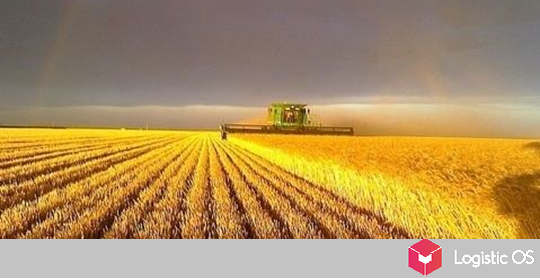Although Russia is not an obvious participant in the events on the Polish-Belarusian border, its population may suffer from the transport collapse that happened there.
During this November, the attention of the whole world is riveted on the border of Belarus and Poland, from where crowds of migrants are trying to penetrate Europe in any way.
Among other things, this caused a terrible traffic collapse.
At the Bobrovniki checkpoint, a traffic jam of about 25 km is currently formed. Basically, all these are trucks that carry various imported goods in Russia: from soda to equipment.
Including, these are essential goods.
How can this turn out for the Russian consumer?
There are a lot of unpleasant options:
Emptying shelves in stores. Retailers are already facing delivery delays. For example, Lenta told about this.
Rising prices. One hour of idle time for one truck costs about 500 euros. Multiplying 25 kilometers of trucks by a multi-day wait, we get an astronomical figure. And all these costs will be borne by Russian buyers.
Unprofitable for suppliers. If the buyer does not want to pay exorbitant prices, it is easier for exporters to refuse supplies.
In this regard, the Foreign Investment Advisory Council (FIAC) sent an appeal to the First Deputy Prime Minister of the Russian Federation Andrei Belousov with a request to somehow influence the situation. How — it’s very difficult to say.
Simple redirection to other checkpoints is far from a panacea.
Firstly , other gearboxes are not rubber either. The truck drivers themselves guessed to try to get to the Russian Federation through Latvia and Lithuania, in this regard, traffic jams began to appear on the borders with these countries.
And secondly , travel through these countries increases the cost of delivery of one truck by another 300 euros.
Obviously, there are no simple logistic solutions here, but rather a political one.
The appeal to Andrey Belousov was signed by a number of well-known companies: PepsiCo, Coca-Cola, Unilever, Danone.
If you are used to seeing the products of these brands on the shelves of your store, they may soon disappear.
The situation is complicated by the fact that up to 10% of all Russian imports go through the Polish-Belarusian border, 90% of which is carried out with the help of vehicles.
In the meantime, the settlement of the problem on the border is far from complete.
Polish Prime Minister Mateusz Morawiecki recently announced that Poland is ready to completely close the border with Belarus, including transit and trade.
If the situation does not change in the near future, it will be difficult for the Russian consumer to come up with something other than total import substitution.

